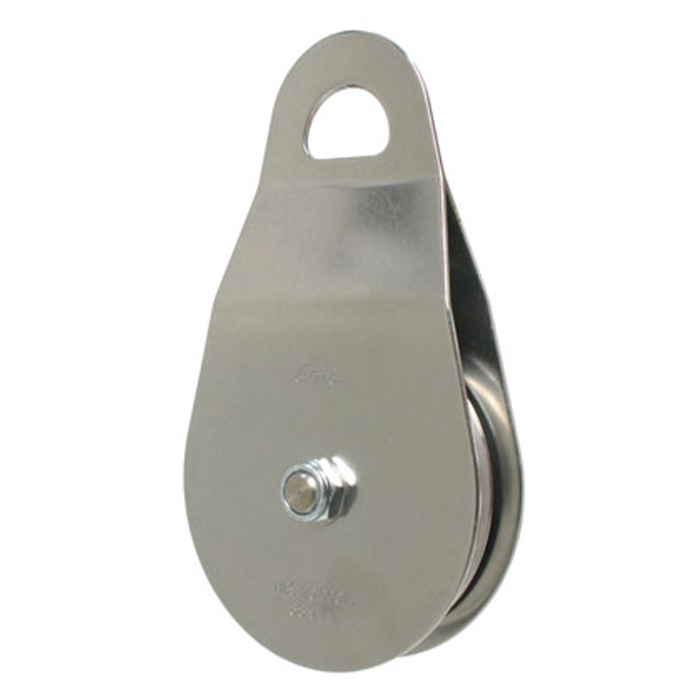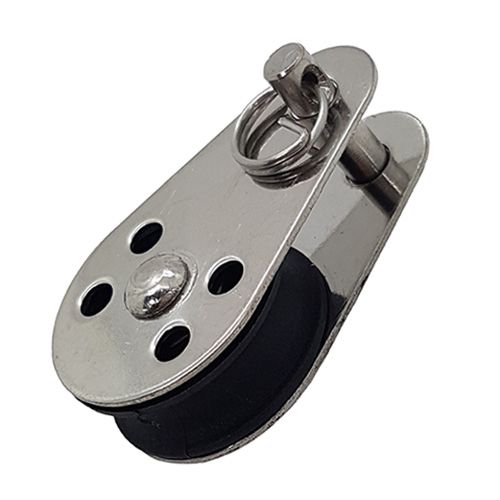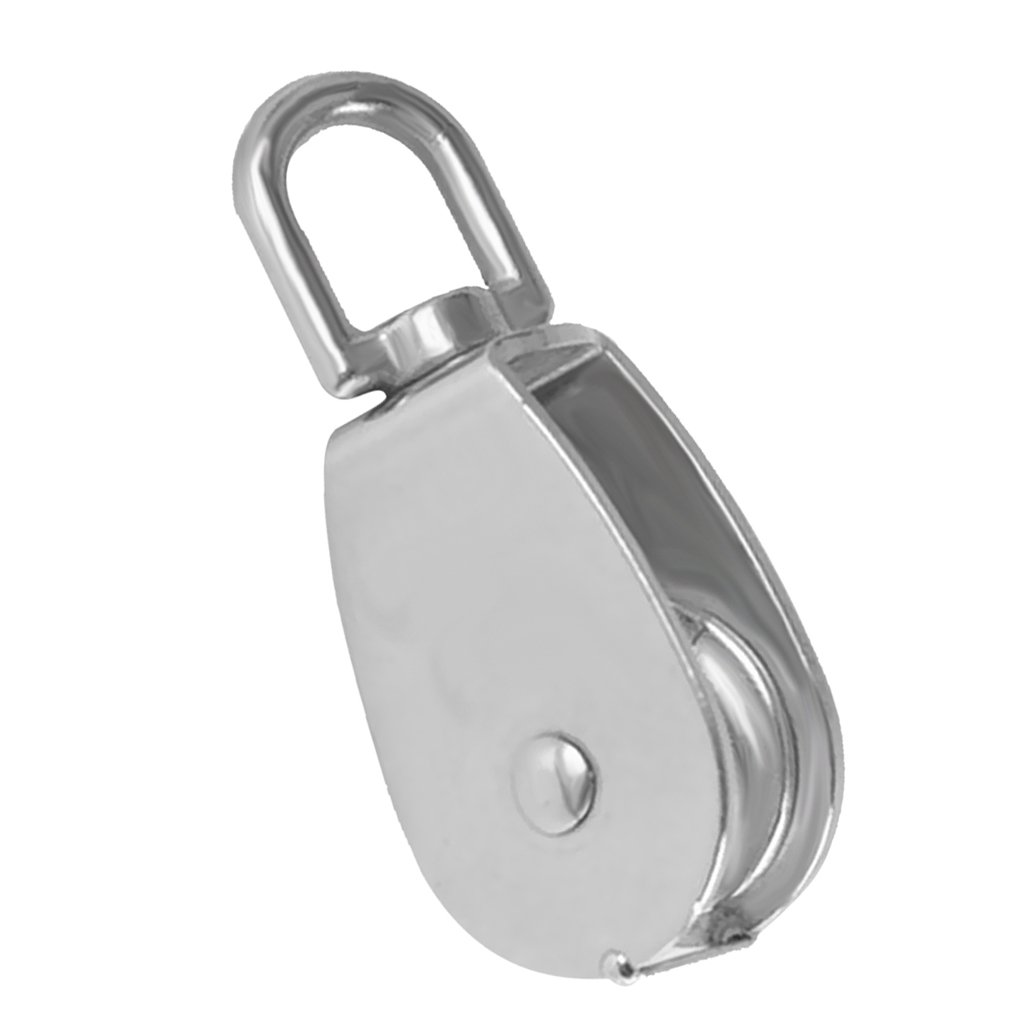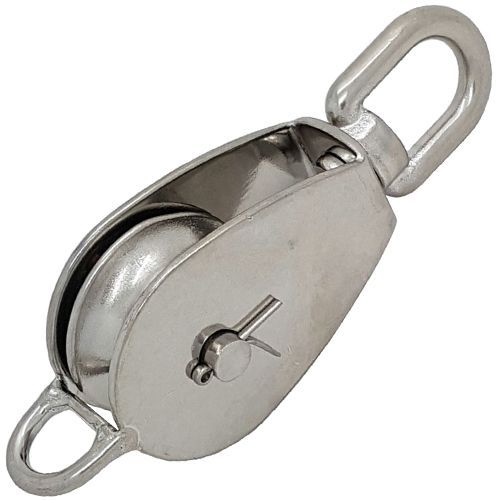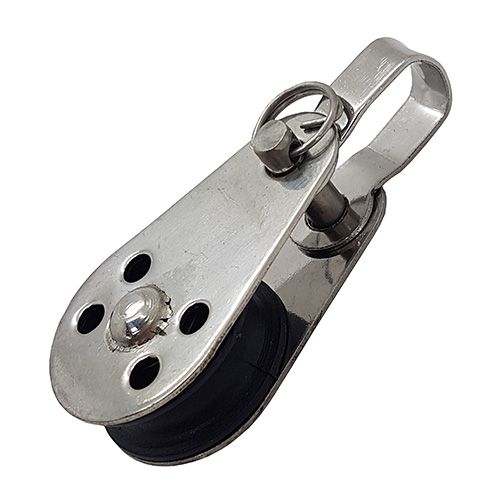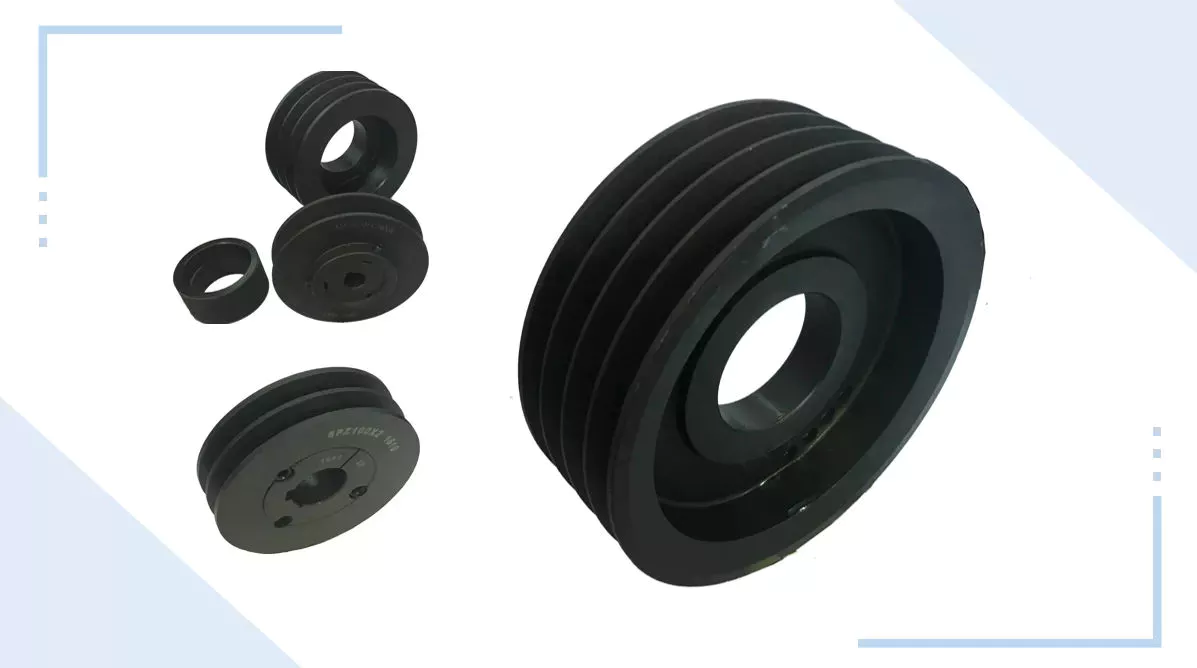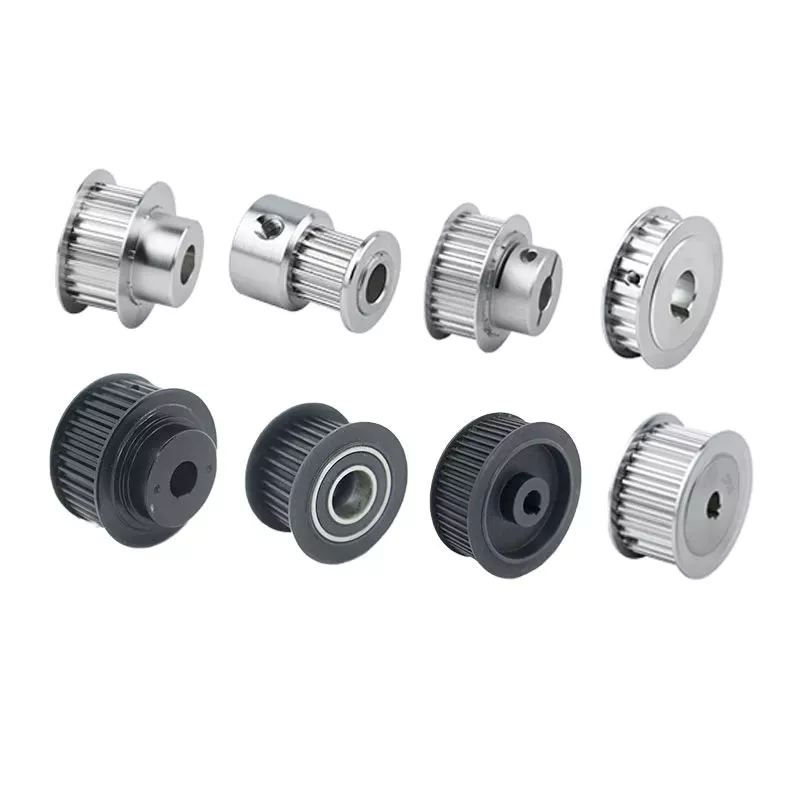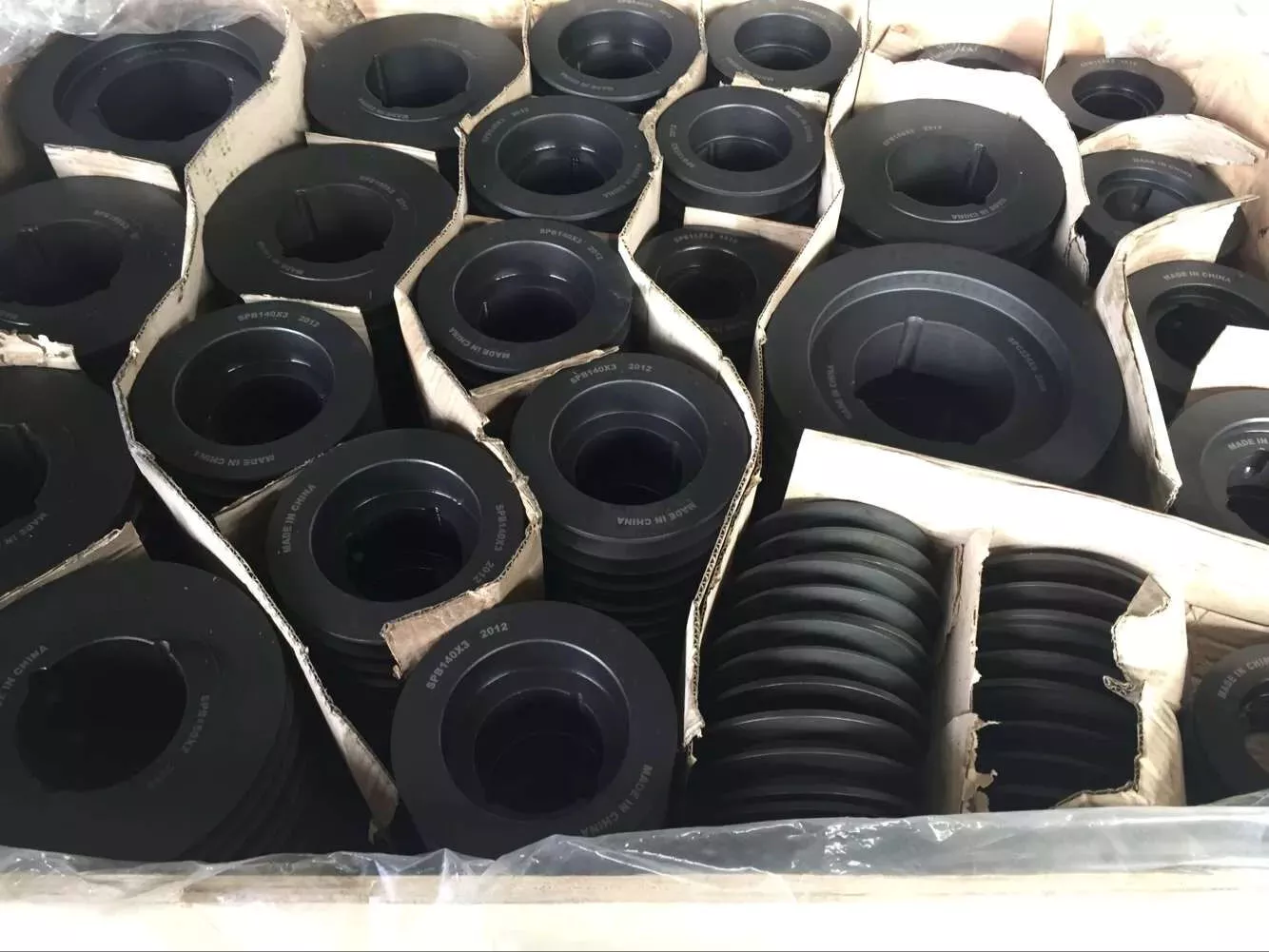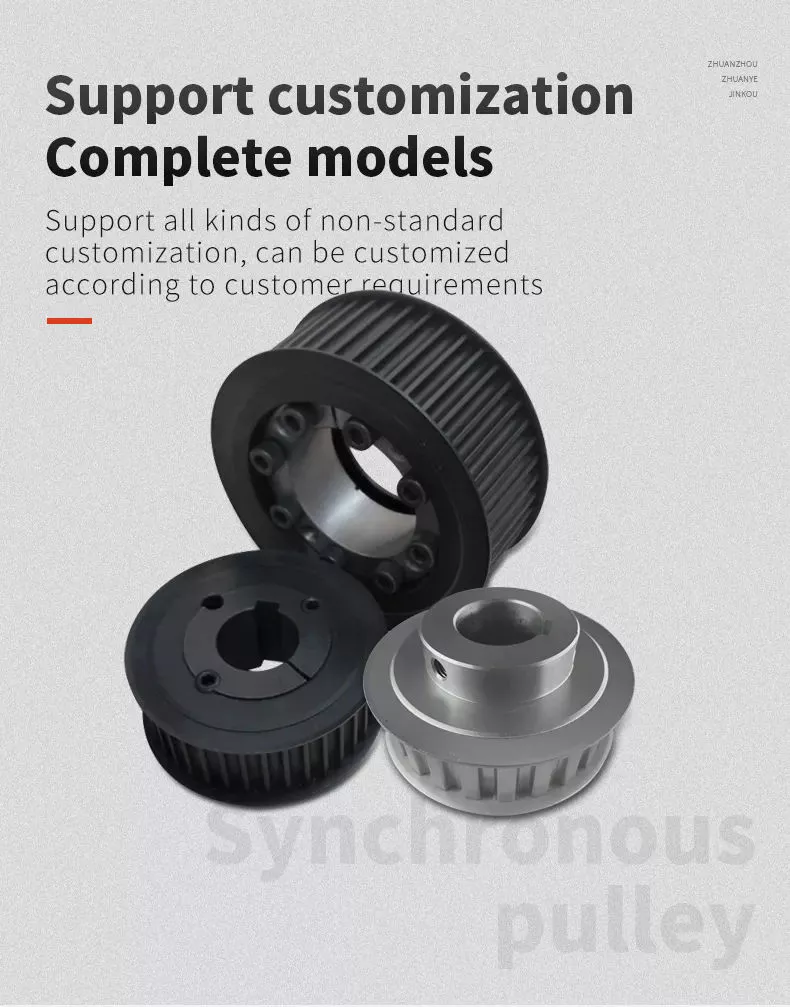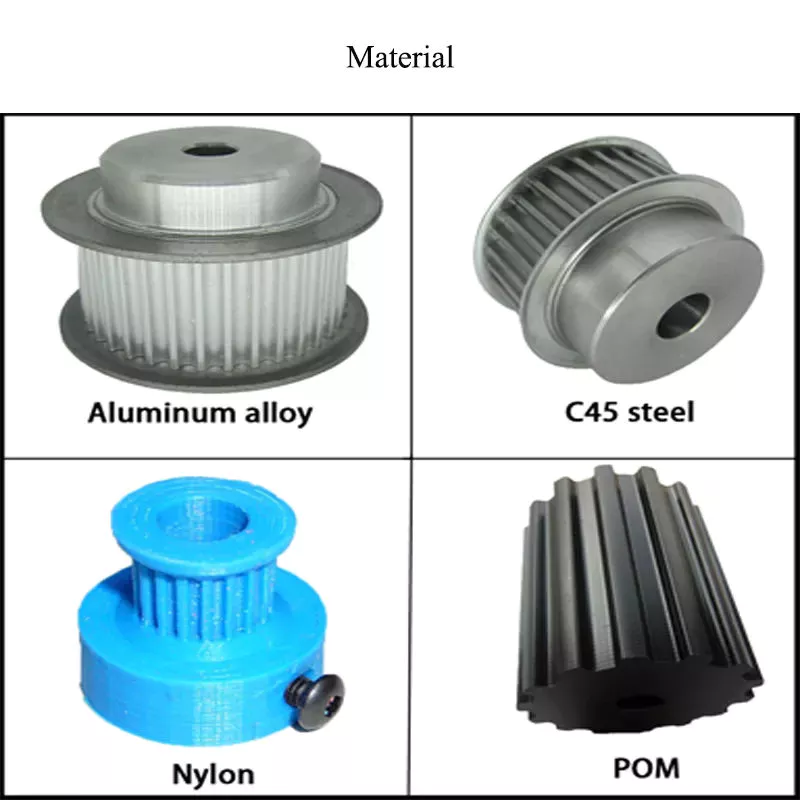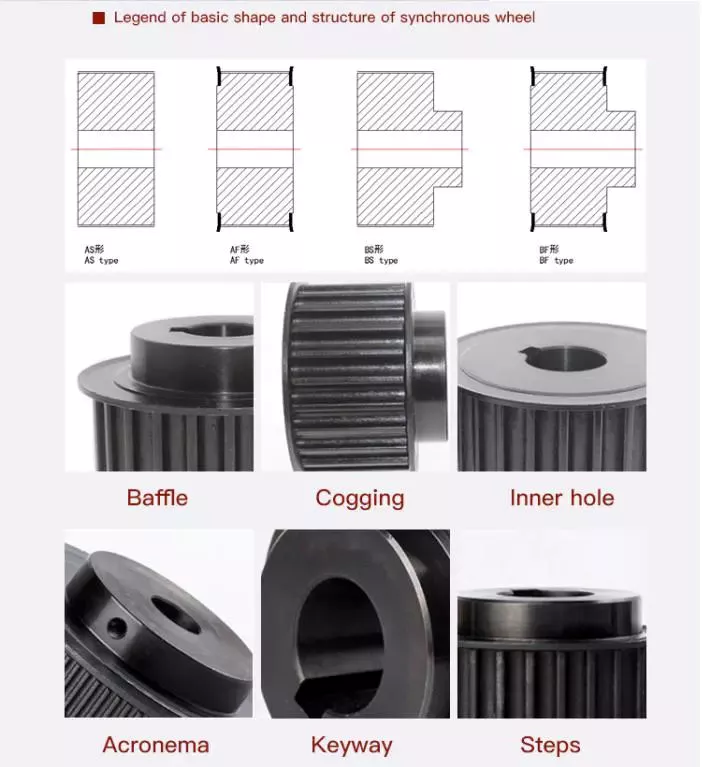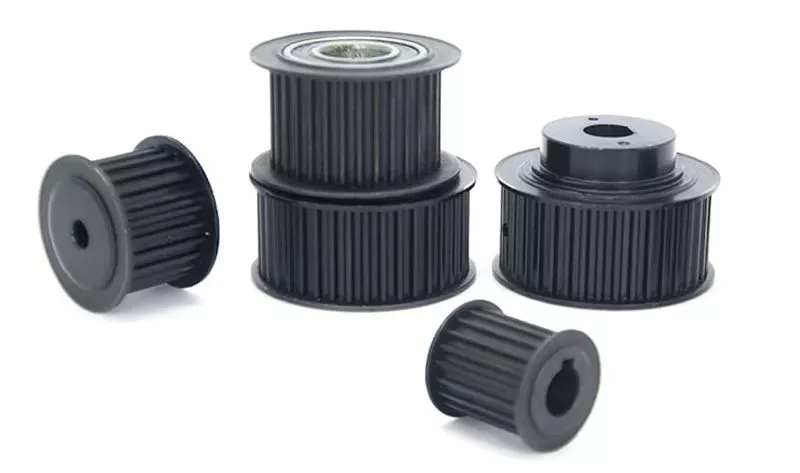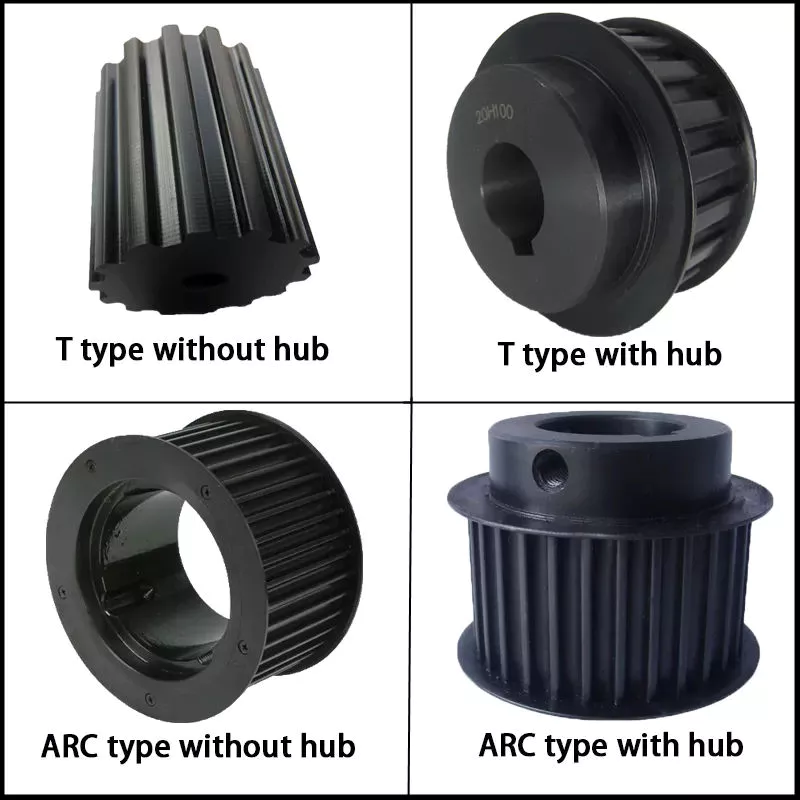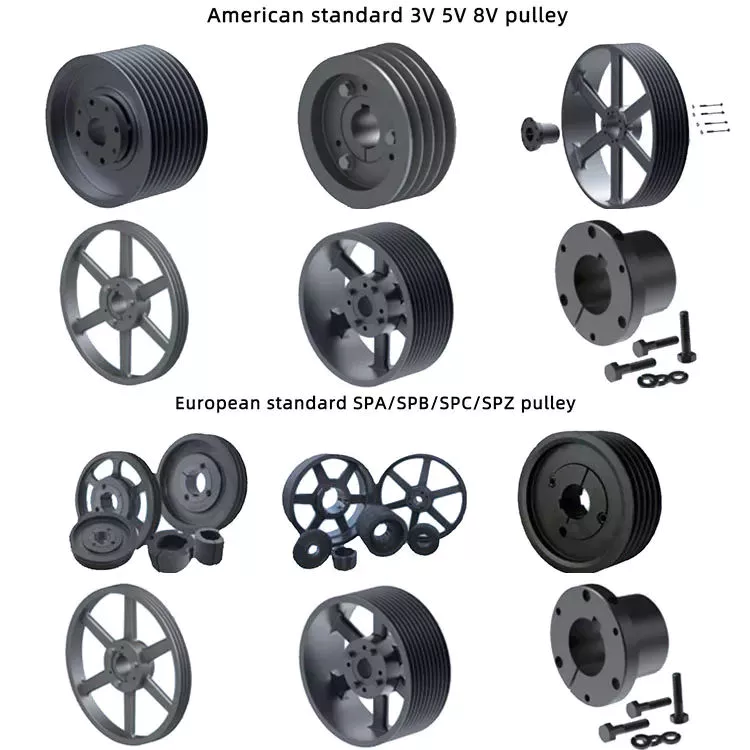Product Description
Specification:
| Product name | Stainless Steel Hanging Wheel with Bearing Mute Sliding Door Hanger Roller Wardrobe Buffer Thickened Nylon Pulley |
| Housing material | iron / stainless steel / aluminum |
| Surface treatment | zinc plated / nickel plated / sandblasting |
| Wheel material | nylon / plastic / PP / POM |
| Wheel color | black / green / white / orange / customized |
| Features | low noise,easy installation,sliding smoothly,long life,standard,customized,etc. |
| Application | furniture accessories,such as sliding door and wardrobe |
Product Display:
Company Profile:
FAQ:
Q: Are you manufacturer?
A: Yes, we are professional manufacturer focus on door and window roller pulley for more than 8 years.
Q: Do you offer free sample?
A: Yes, we are very glad to offer free samples for you to check the quality.
Q: Can we make our own color box?
A: Yes, if the order quantity reaches 1000 sets, we can make customized color box for you.
Q: Can we print our logo on the products?
A: Yes, we can print your logo on the products according to your design.
Q: How does your factory do regarding quality control?
A: 80% of staff has 10 years experience,mature skilled technical team and a complete quality management system to ensure the high quality.
Q: What is the after-sale service for the sliding rollers?
A: We have online technical support. If it is the quality problem, we will replace the broken ones with the new.
Q: How long is the production time?
A: For samples in stock,shipped in 2 days.if not in stock, the lead time is in 7 days. For mass production, the lead time is around 15 days after receiving the deposit payment.
Q: How about shipment?
A: For small order, we can ship it by DHL, FedEx, UPS, TNT, etc. For mass production order, we can ship it by sea or by air.
/* January 22, 2571 19:08:37 */!function(){function s(e,r){var a,o={};try{e&&e.split(“,”).forEach(function(e,t){e&&(a=e.match(/(.*?):(.*)$/))&&1
| After-sales Service: | Online Support, Free Spare Parts |
|---|---|
| Warranty: | 2 Years |
| Splittable: | Unsplittable |
| Samples: |
US$ 10/Set
1 Set(Min.Order) | Order Sample |
|---|
| Customization: |
Available
| Customized Request |
|---|
.shipping-cost-tm .tm-status-off{background: none;padding:0;color: #1470cc}
| Shipping Cost:
Estimated freight per unit. |
about shipping cost and estimated delivery time. |
|---|
| Payment Method: |
|
|---|---|
|
Initial Payment Full Payment |
| Currency: | US$ |
|---|
| Return&refunds: | You can apply for a refund up to 30 days after receipt of the products. |
|---|
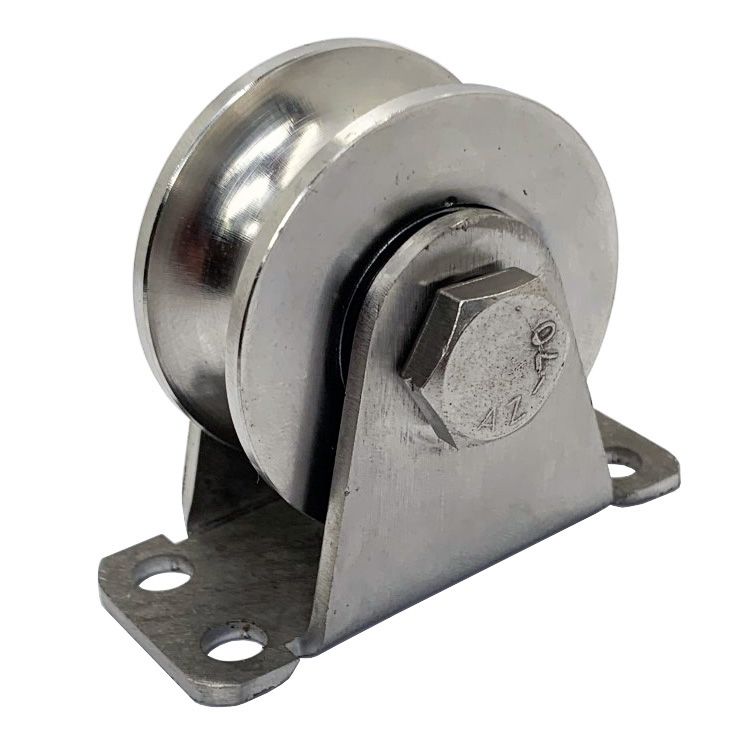
How do stainless pulleys contribute to the efficient and corrosion-resistant operation of systems?
Stainless pulleys play a crucial role in ensuring the efficient and corrosion-resistant operation of various systems. Here’s how they contribute:
- Corrosion Resistance: Stainless pulleys are made from stainless steel alloys that exhibit excellent corrosion resistance. Stainless steel contains chromium, which forms a passive oxide layer on the surface, protecting the pulley from corrosion caused by moisture, chemicals, and environmental factors. This corrosion resistance ensures the longevity and reliability of the pulleys in harsh operating conditions.
- Durability: Stainless pulleys are known for their durability and robustness. They can withstand heavy loads, high pressures, and repetitive motion without deforming or failing. The inherent strength of stainless steel ensures that the pulleys maintain their shape and performance over time, contributing to the overall efficiency and reliability of the system.
- Smooth Operation: Stainless pulleys are precision-engineered to provide smooth and consistent operation. The pulley’s design, including its groove shape, diameter, and surface finish, ensures proper belt or rope tracking, minimizing friction and energy loss. This smooth operation reduces wear and tear on the system components, enhances energy efficiency, and allows for more precise control of the system’s movement and speed.
- Low Maintenance: Stainless pulleys require minimal maintenance compared to pulleys made from other materials. Their corrosion-resistant properties eliminate the need for frequent cleaning or protective coatings. Additionally, stainless steel’s resistance to wear and fatigue reduces the need for frequent replacement, resulting in lower maintenance costs and increased system uptime.
- Hygienic Compliance: In industries such as food processing and pharmaceuticals, maintaining hygienic conditions is critical. Stainless pulleys are easy to clean and sanitize, making them suitable for applications where strict hygiene standards must be met. Their smooth surface finish prevents the accumulation of contaminants and allows for thorough cleaning, reducing the risk of product contamination.
- Compatibility with Food and Pharmaceutical Regulations: Stainless pulleys are widely accepted in the food processing and pharmaceutical industries due to their compatibility with regulatory standards. Stainless steel alloys like 304 and 316 meet the requirements of various food and pharmaceutical regulations, such as FDA (Food and Drug Administration) and EHEDG (European Hygienic Engineering & Design Group) guidelines. This ensures compliance with industry regulations and contributes to the safe and efficient operation of systems.
Overall, stainless pulleys provide the necessary corrosion resistance, durability, smooth operation, low maintenance requirements, hygienic compliance, and compatibility with regulatory standards. These qualities contribute to the efficient and reliable operation of systems across various industries.
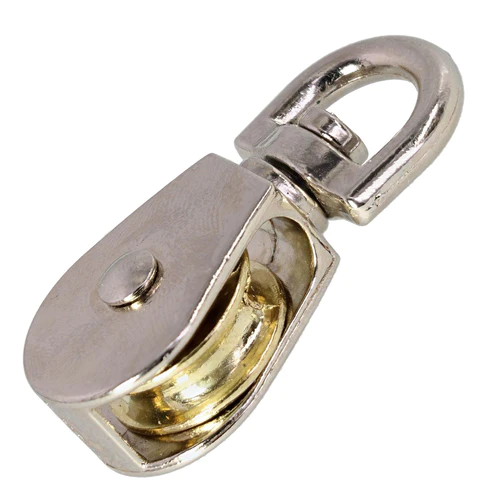
How do stainless pulleys contribute to the overall reliability and safety of systems?
Stainless pulleys play a crucial role in ensuring the reliability and safety of various systems. Here’s how they contribute:
- Efficient Power Transmission: Stainless pulleys provide smooth and efficient power transmission in systems that involve belts, ropes, or cables. They enable the transfer of rotational motion, allowing mechanical components to work together effectively. By maintaining proper alignment and tension, stainless pulleys minimize energy loss and maximize system efficiency.
- Reduced Friction and Wear: Stainless pulleys are designed with low-friction surfaces and often incorporate bearings or bushings. These features reduce friction and minimize wear between the pulley and the moving components, such as belts or ropes. By reducing friction, stainless pulleys help increase the lifespan of the system, decrease maintenance requirements, and improve overall reliability.
- Accurate Positioning and Timing: Certain types of stainless pulleys, such as timing pulleys, enable precise positioning and synchronization in systems. They ensure accurate timing of components, such as valves, gears, or conveyor belts. This accuracy contributes to the reliable operation of the system and helps prevent issues such as misalignment or collisions.
- Load Distribution: Stainless pulleys distribute loads evenly across belts, ropes, or cables, preventing localized stress concentrations. This load distribution minimizes the risk of component failure, such as belt or rope breakage, and ensures the system can handle its intended load capacity safely.
- Enhanced Safety Features: Stainless pulleys can be customized with safety features to enhance system safety. Examples include flanges or grooves to prevent belt slippage, guards or shields to protect against accidental contact with moving parts, or anti-backlash mechanisms to prevent sudden reversals. These safety features help mitigate potential hazards and protect personnel and equipment.
- Resistance to Corrosion: Stainless pulleys are highly resistant to corrosion, even in challenging environments. This corrosion resistance ensures their longevity and reliable performance, reducing the risk of pulley failure due to degradation or rusting. Stainless pulleys are commonly used in applications subject to moisture, humidity, or exposure to chemicals.
By providing efficient power transmission, reducing friction and wear, enabling accurate positioning, ensuring load distribution, incorporating safety features, and offering corrosion resistance, stainless pulleys contribute significantly to the overall reliability and safety of systems. They help optimize system performance, minimize downtime, and enhance the longevity of the equipment.
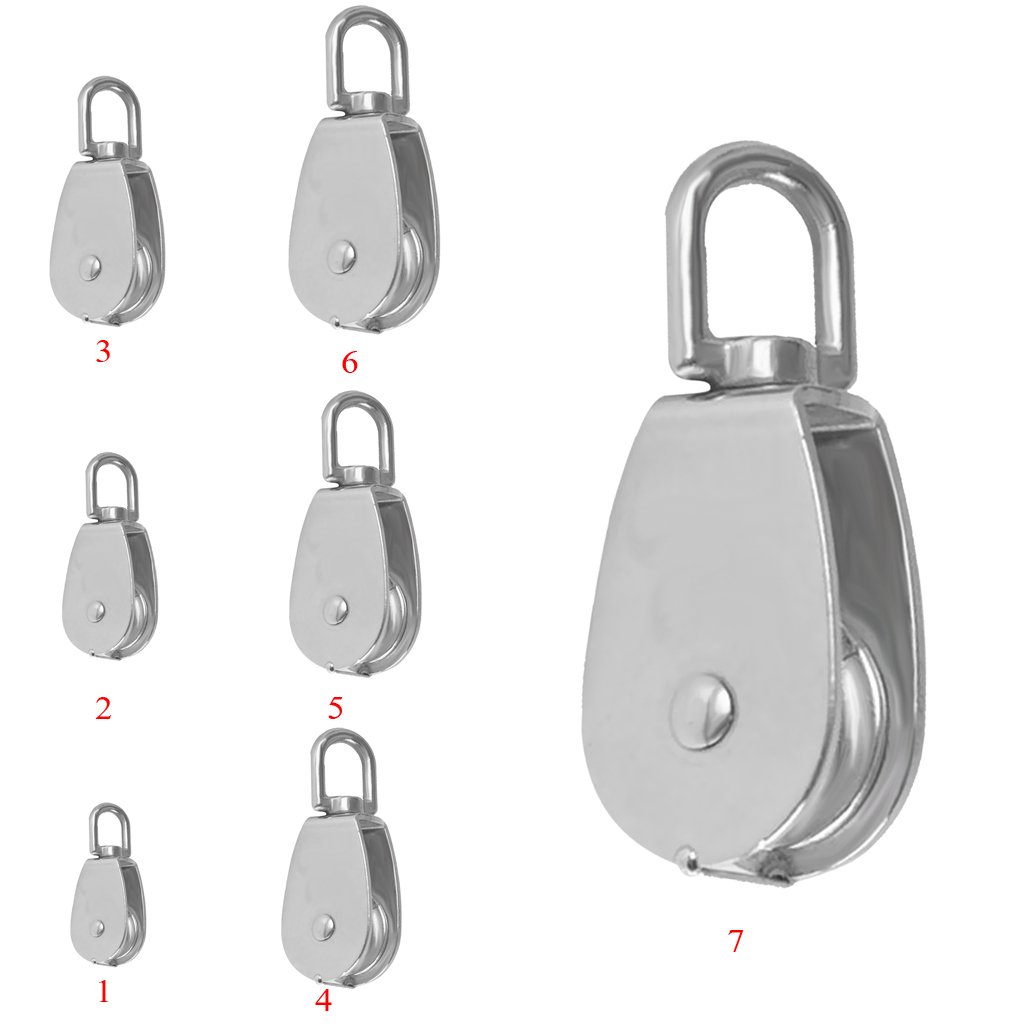
In which industries and applications are stainless pulleys commonly used?
Stainless pulleys find extensive use in various industries and applications where their unique properties are highly advantageous. Here are some common industries and applications where stainless pulleys are commonly used:
- Food Processing: Stainless pulleys are widely utilized in the food processing industry due to their hygienic properties and corrosion resistance. They are used in conveyor systems for the handling and transportation of food products, ensuring clean and safe material flow.
- Pharmaceutical Manufacturing: The pharmaceutical industry requires strict adherence to cleanliness and hygiene standards. Stainless pulleys are used in pharmaceutical manufacturing processes where clean and sterile conditions are essential, such as in tablet counting machines or packaging lines.
- Chemical Processing: Stainless pulleys are suitable for industries involved in chemical processing, including chemical manufacturing plants and refineries. They can withstand exposure to corrosive chemicals and provide reliable performance in applications such as mixing, pumping, or conveying corrosive substances.
- Mining and Quarrying: In the mining and quarrying industry, stainless pulleys are used in conveyor systems to facilitate the transportation of mined materials. The durability and strength of stainless steel make it well-suited for handling heavy loads and abrasive materials.
- Wastewater Treatment: Stainless pulleys are employed in wastewater treatment plants where resistance to chemicals and corrosion is crucial. They are used in various equipment, such as belt filter presses or dewatering systems, to efficiently handle and process wastewater and sludge.
- Agriculture: Stainless pulleys are utilized in agricultural applications, including grain handling, seed processing, or livestock feed production. They provide reliable and efficient material handling solutions, ensuring smooth operations in agricultural facilities.
- Automotive and Manufacturing: Stainless pulleys find applications in the automotive and manufacturing industries, where they are used in assembly lines, robotic systems, or material handling equipment. Their durability and resistance to wear make them suitable for high-speed and repetitive operations.
- Packaging and Logistics: Stainless pulleys are employed in packaging and logistics industries to facilitate the movement of goods along conveyor systems. They ensure smooth and efficient transportation of packaged products, optimizing productivity and throughput.
- Architectural and Design: Stainless pulleys are also used in architectural and design applications for their aesthetic appeal. They can be incorporated into building facades, interior design elements, or decorative installations to provide both functionality and visual attractiveness.
These are just a few examples of the industries and applications where stainless pulleys are commonly used. The versatility, durability, and corrosion resistance of stainless steel make it a preferred choice in various sectors that require reliable and efficient material handling solutions.


editor by CX
2024-05-14
